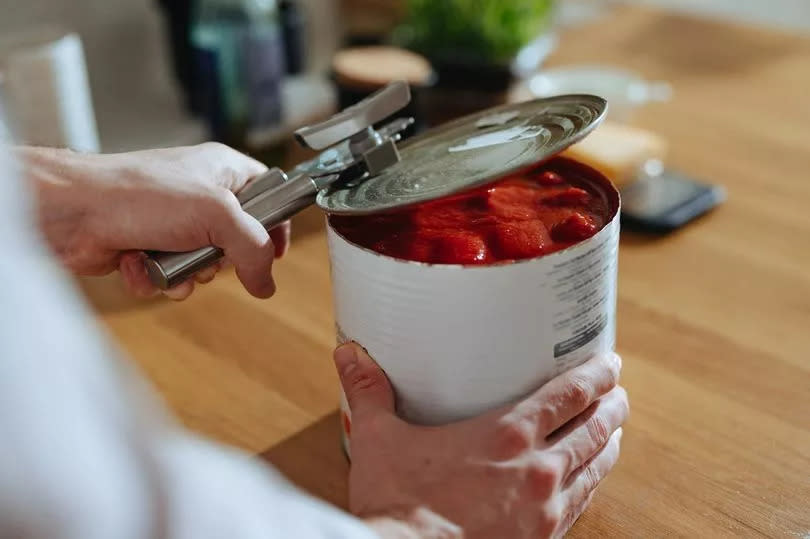'I'm a doctor - eat these tinned foods instead of their fresh alternatives'

A doctor has revealed the four tinned and frozen fruits and vegetables that are actually better for you than their fresher alternatives.
Fresh fruit and vegetables are a large part of a healthy and balanced diet, but one expert has claimed that their tinned counterparts could offer similar health benefits.
The NHS advises that people should eat at least five portions daily for optimal health and wellbeing, reports the Express.
Both fruit and veg are full of essential vitamins and minerals that we need, alongside fibre that supports a healthy gut and deals with digestive issues as well.
The link between a low intake of these foods and an increased risk of bowel cancer has garnered attention recently, so many will be opting for fresh fruit and vegetables for health reasonings.
However, an expert has suggested that tinned and frozen varieties might actually hold more nutrients than the fresh versions.
NHS surgeon Dr Karan Raj took to TikTok, where he goes by @dr.karanr, to share insights on four specific fruits and vegetables that retain, or even enhance, their nutritional value when tinned or frozen.
These foods include:
1. Tomatoes

Dr Raj said: "If you eat canned tomatoes they actually have more of the antioxidant lycopene than raw tomatoes as well as more calcium and iron than the fresh ones."
He added: "That's not to say fresh is worse than canned, it just has a different nutritional profile."
The expert also noted that fresh tomatoes boast "significantly" more vitamin A than their tinned variety. He added: "If you cook tomatoes either canned or fresh you increase the bioavailability of the antioxidant lycopene even more. That's because the cooking process softens the plant cell walls making nutrients easier to absorb."
2. Blueberries
Dr Raj suggests that frozen blueberries may actually hold more vitamins and polyphenols (plant micronutrients) in comparison to fresh ones.
He said: "Frozen fruit and vegetables can have even more nutrients than their fresh counterparts like frozen blueberries, they retain more vitamin C and polyphenols than the fresh blueberries because the freezing process slows down nutrient loss.
"Most frozen fruit like berries are often frozen within 24 hours of being picked and are often fresher nutritionally than the fresh produce that are lying around in the supermarket for days."
3. Peas
Frozen peas contain higher levels of certain B vitamins and vitamin E than fresh peas, according to the doctor.
4. Spinach
Dr Raj also said that spinach "often" contains more types of vitamin E when it has been frozen. He added: "Even better you might be able to utilise iron more effectively from the frozen spinach than the fresh one.
"In raw spinach much of the iron content is difficult to absorb but frozen spinach is often blanched and packed into cubes before freezing meaning it could contain fewer anti-nutrients like oxalates thus helping you absorb more iron."
Nutritional expert Aoife Burns, of Zoe Health, supported this viewpoint stating: "Fruits and vegetables have the highest nutritional value when they're freshly picked. But their nutrients slowly decrease as time passes.
"Freezing them soon after harvesting helps slow down this nutrient loss, preserving their nutritional content for longer."
Don't miss the latest news from around Scotland and beyond. Sign up to our daily newsletter.

 Yahoo News
Yahoo News 
